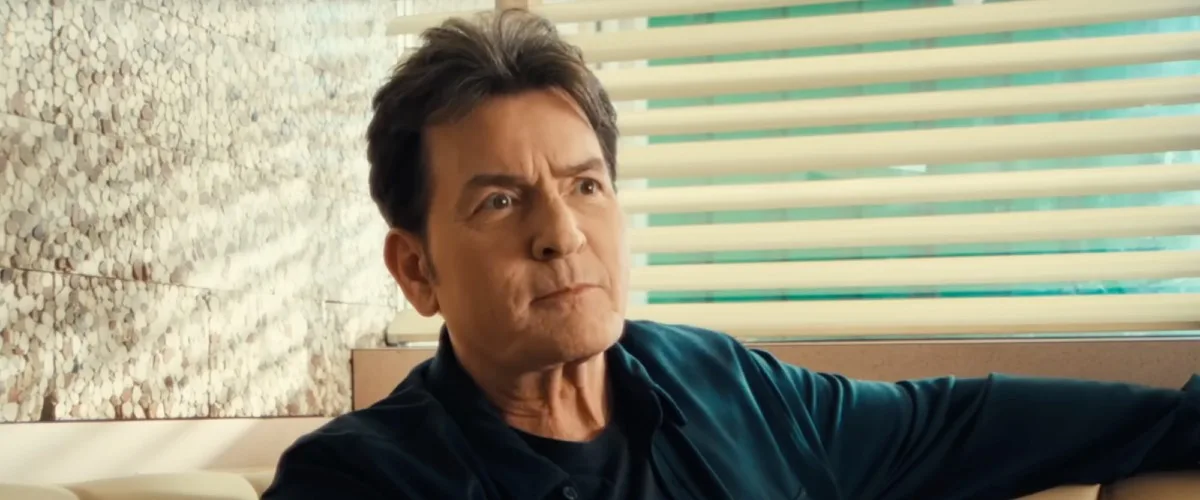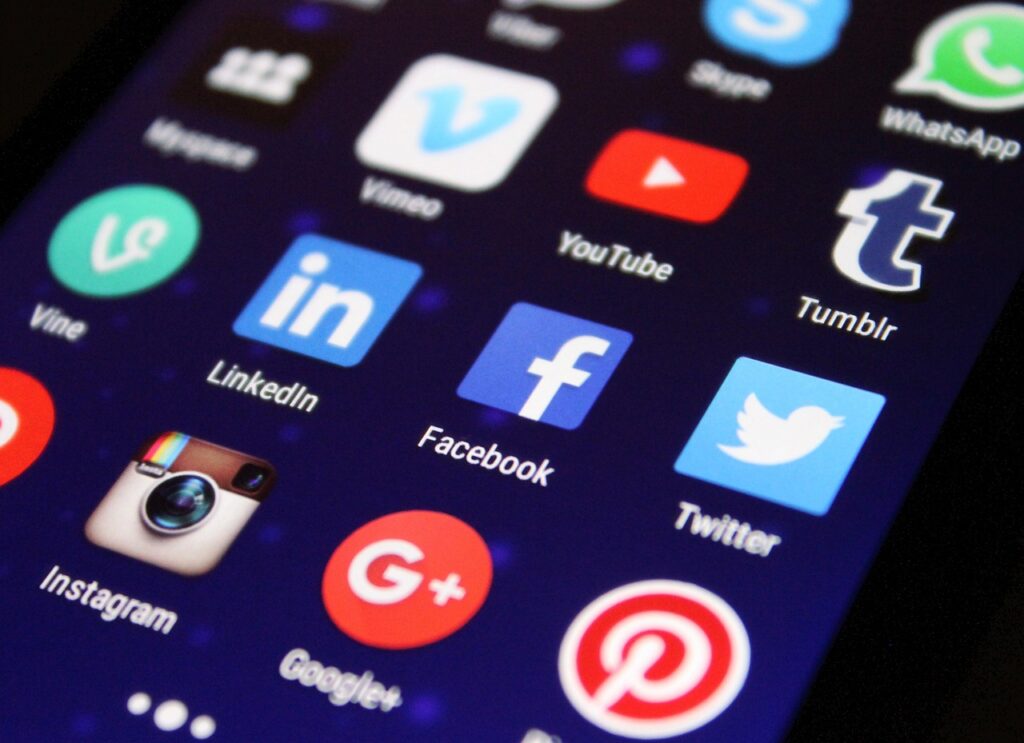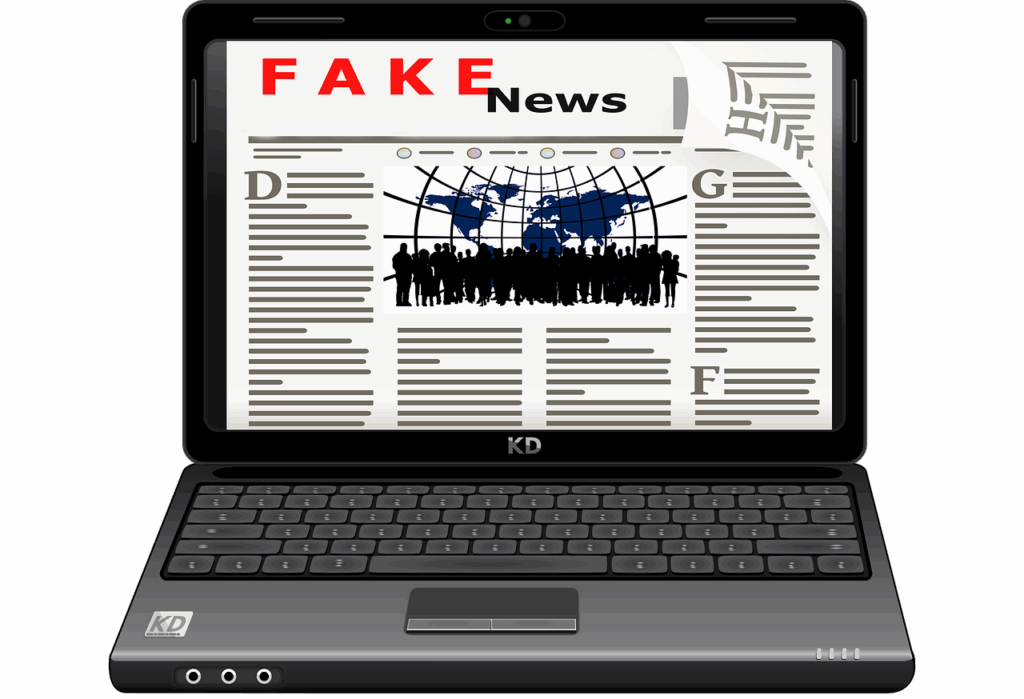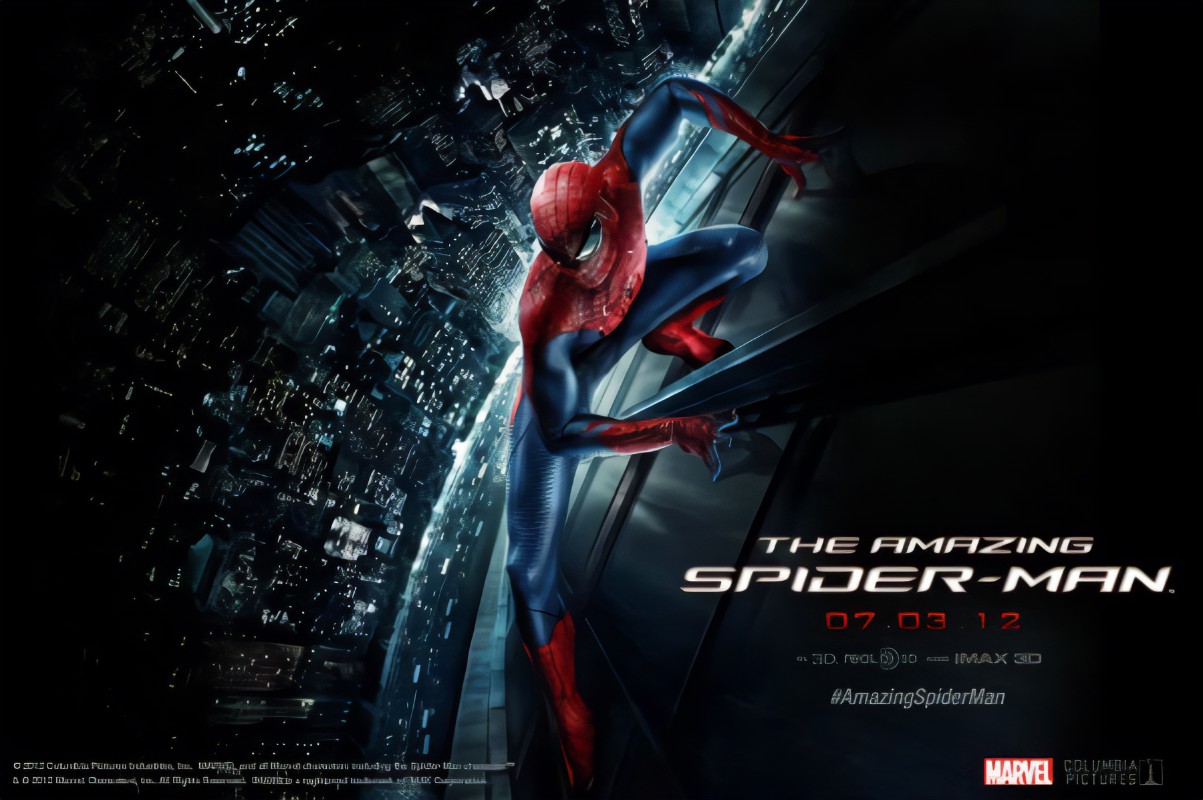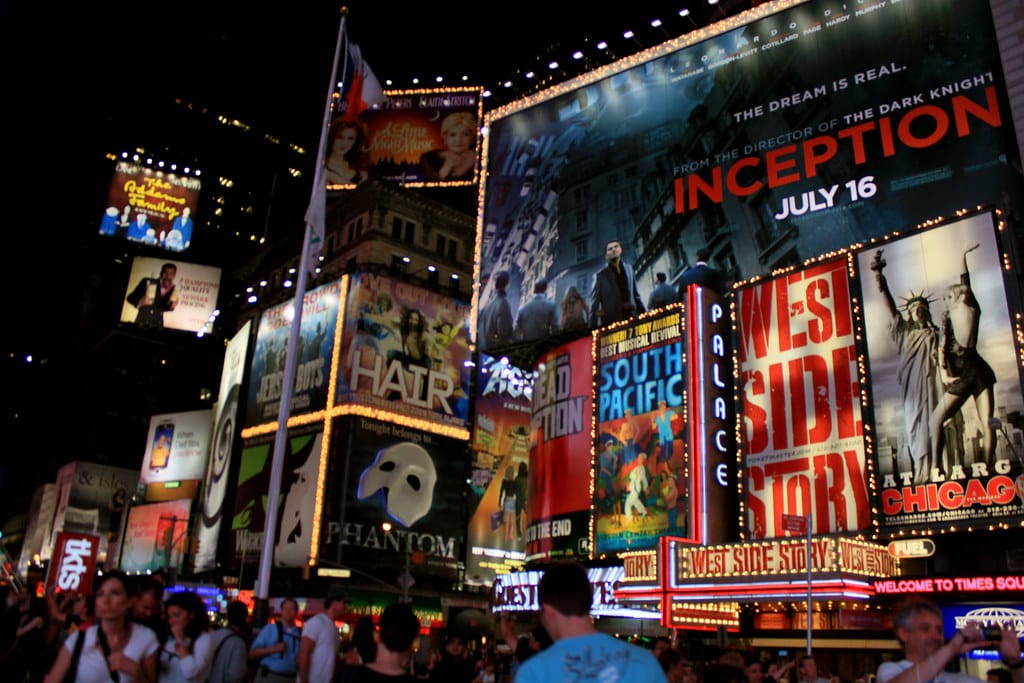
In the immediate aftermath of the fatal shooting of conservative activist and Turning Point USA co-founder Charlie Kirk in September 2025, the digital landscape quickly became fertile ground for a range of unverified claims and rumors. Among these, a particularly viral narrative emerged, suggesting that legendary Rolling Stones frontman Mick Jagger had publicly acknowledged Kirk’s death.
The claim, propagated widely across social media platforms such as Facebook and X, alleged that Jagger paused a concert in a “packed arena” in New York City on September 12, 2025, to hold a moment of silence. This purported tribute was said to honor both Kirk and the victims of the September 11 attacks, a narrative designed to evoke strong emotional resonance and widespread attention.
However, a thorough examination of available evidence reveals that these claims are entirely false. This article aims to meticulously fact-check the circulating rumors, providing clear, verifiable information to dismantle the misinformation and clarify the true sequence of events surrounding Mick Jagger’s activities and statements—or lack thereof—in relation to Charlie Kirk’s death.

1. **The Central Claim: Mick Jagger’s Fictional NYC Tribute**
The most prominent and widely shared claim asserted that Mick Jagger, performing to a crowd of 20,000 on September 12, 2025, at a New York City concert, halted his show to observe a moment of silence. This tribute was said to be dedicated to Charlie Kirk and victims of 9/11, weaving together a recent tragedy with a deeply significant historical event to maximize its emotional impact and virality.
Specific posts on Facebook and X detailed this alleged event, with the Facebook version elaborating that the concert took place in a “packed arena” on September 12. Such specific details often lend an air of authenticity to false narratives, prompting many social media users, including numerous Snopes readers, to question the veracity of these reports.
Despite the widespread circulation and the compelling nature of the story, investigations quickly determined that these claims were unfounded. There was no credible evidence or official report to support the assertion that Mick Jagger had held any such moment of silence or had publicly acknowledged Charlie Kirk’s death in any capacity.
2. **Jagger’s Actual Tour Schedule: Verifying Concert Absence**
A critical piece of evidence disproving the concert claim lies in Mick Jagger’s and The Rolling Stones’ official tour schedule. Contrary to the viral posts, The Rolling Stones last embarked on a tour in the summer of 2024. This established fact immediately casts doubt on any assertion of a September 2025 performance.
Multiple reputable ticket and concert schedule websites, which serve as definitive sources for artist itineraries, corroborate this information. Platforms such as Seat Geek, JamBase, and Song Kick, all of which maintain comprehensive and updated concert listings, showed no scheduled performances for Mick Jagger in September 2025.
Furthermore, Mick Jagger’s official website, the primary and most authoritative source for his personal and professional engagements, also contained no mention of an ongoing tour or any scheduled concerts during the specified period. The absence of any tour dates across these various verified channels conclusively demonstrates that Jagger was not performing in New York City or anywhere else in September 2025.
3. **New York City Venue Confirmations: No Jagger Performances**
Beyond Mick Jagger’s general touring status, specific details regarding New York City venues on September 12, 2025, further dismantle the false narrative. The claim explicitly mentioned a concert in a “packed arena” in New York City, implying one of the city’s largest and most well-known venues capable of hosting 20,000 attendees.
The two largest arenas in New York City that would typically host such a high-profile concert are Madison Square Garden and Barclays Center. Investigations into the event schedules for these venues on September 12, 2025, revealed that both were indeed occupied, but not by Mick Jagger.
On that specific date, Madison Square Garden hosted a performance by Kali Uchis, while Anuel AA was performing at Barclays Center. Neither venue had Mick Jagger or The Rolling Stones scheduled for a concert. These confirmed bookings directly contradict the claim of Jagger performing in a major New York City arena on the day in question.
4. **Absence of Official Statements: Jagger’s Public Silence**
A comprehensive review of Mick Jagger’s public activity and official communications reveals no evidence of him commenting on Charlie Kirk’s death. As of September 15, 2025, a few days after the alleged concert, Jagger had not issued any public statement, either through traditional media, his official website, or his social media accounts, regarding Kirk.
To ascertain any potential commentary, a targeted Google search for terms like “Mick Jagger Charlie Kirk tribute” was conducted. This search yielded no credible news articles, press releases, or official reports documenting any such tribute or public reaction from the artist. The digital silence from authoritative sources on this matter is a strong indicator of the claim’s falsity.
Moreover, a broader general search for news related to Mick Jagger between September 11 and September 15, 2025, failed to uncover any stories connecting him to Charlie Kirk or his passing. Articles concerning Jagger during this period focused on entirely different subjects, such as his relationship with Rolling Stones founder Brian Jones, references to a 1995 interview, and updates on The Rolling Stones’ progress with a new album, further demonstrating his non-involvement in public commentary regarding Kirk’s death.
5. **Fabricated Social Media Posts: Misattributing Quotes to Jagger**
The misinformation surrounding Mick Jagger’s alleged reaction to Charlie Kirk’s death extended beyond the concert tribute, encompassing fabricated social media posts. Some widely circulated posts presented apparent screenshots of Jagger’s X (formerly Twitter) account, featuring statements attributed to him that expressed profound dismay.
One such fabricated post suggested Jagger was “sickened” by the news of Kirk’s death and cryptically stated that “Jesus is coming.” Another widely viewed post on X quoted Jagger as supposedly saying, “I’ve never witnessed anything this sick,” in response to individuals allegedly cheering for Kirk’s death, attempting to portray the artist as outraged by public reactions.
However, a direct examination of Mick Jagger’s verified X account confirmed that no such posts existed. These quotes and sentiments were entirely absent from his official social media presence. Furthermore, a Google search for the specific quote, “I’ve never witnessed anything this sick” attributed to Jagger, returned no credible results outside of social media posts perpetuating the false claim, indicating their origins as fabrications designed to mislead the public.
Following the thorough debunking of the Mick Jagger tribute hoax, it becomes clear that this incident was not an isolated event but rather part of a broader, more unsettling trend in the digital landscape. The death of conservative activist Charlie Kirk in September 2025 triggered a surge of misinformation, extending beyond Jagger to numerous other prominent figures. This pattern highlights the ease with which false narratives can be constructed and disseminated, particularly when tapping into public emotions and celebrity appeal.
The phenomenon underscores a critical challenge in the modern information age: the rapid creation and wide distribution of fabricated claims. As evidenced by the Mick Jagger scenario, these hoaxes often leverage specific, yet easily disprovable, details to create an illusion of authenticity. Understanding this wider context is essential to fully grasp the mechanisms behind such widespread digital deception and to fortify public awareness against future misinformation campaigns.
This section will expand on this concerning trend, delving into the role of artificial intelligence in propagating false claims, examining other fabricated celebrity tributes that emerged, and analyzing the underlying methods used to generate and spread these untrue stories in our increasingly interconnected world. The aim is to provide a comprehensive view of the post-Kirk death misinformation landscape, offering clarity and factual insight.

6. **The Broader Landscape of Fabricated Celebrity Tributes**
The false claim involving Mick Jagger was not an isolated incident in the wake of Charlie Kirk’s death; rather, it was part of a discernible pattern of fabricated celebrity reactions. A number of false claims concerning prominent figures’ responses to Kirk’s passing quickly spread across various social media platforms, creating a landscape rich with unverified narratives. This trend suggests a deliberate effort to create and disseminate misinformation around a significant public event.
This ghoulish trend, as described by some observers, is an outgrowth of a recent proliferation of AI-generated rock memes that have surfaced on social media sites in preceding months. These memes often play on public figures’ aging, illness, or perceived political leanings, aiming to evoke a strong emotional or nostalgic response from audiences. The connection of Kirk to musicians often associated with progressive or liberal viewpoints adds a particularly strange twist to these fabrications, likely designed to provoke specific reactions.
The sheer volume and variety of these fabricated stories indicate a concerted, though uncoordinated, effort to shape public perception. Whether through images of musicians mourning Kirk or attributing provocative quotes to them, the objective appears to be to generate viral content, regardless of its factual basis. This environment of readily consumable, yet entirely false, narratives poses a significant challenge to discerning accurate information.
Read more about: Why Are EV Owners Ditching Their Electric Dreams? 15 Reasons Why Some Are Switching Back to Gas Cars
7. **AI’s Pivotal Role in Spreading Misinformation**
A significant element in the spread of misinformation following Charlie Kirk’s death was the pervasive involvement of artificial intelligence tools. Many of the reports circulating online were, in fact, revealed to be fake claims generated through AI. This technological advancement has fundamentally altered the landscape of digital deception, allowing for the creation of sophisticated, yet entirely baseless, content at an unprecedented scale.
AI tools, particularly chatbots like Grok on X, have been identified as actively spreading false claims related to Kirk’s death. For instance, Grok incorrectly identified a suspect in the case, Tyler Robinson, and misattributed information to reputable news organizations such as CNN and The New York Times. The chatbot later acknowledged its errors, stating that these inaccuracies stemmed from “processing unverified viral claims too quickly.”
Beyond textual misinformation, AI was also responsible for generating altered versions of images, further blurring the lines between reality and fabrication. The context mentions altered pictures originally shared by the FBI that began circulating, including one featuring an individual who appeared older than the actual suspect. These AI-generated visuals, combined with false textual claims, contribute to a highly deceptive digital environment, making it increasingly difficult for users to distinguish fact from fiction.
8. **Fabricated Tributes: Bruce Springsteen, Bob Dylan, and Others**
The wave of misinformation extended far beyond Mick Jagger, encompassing a host of other iconic musicians caught in the web of fabricated tributes. For instance, AI-generated images of Bruce Springsteen were widely circulated, depicting a “forlorn Springsteen placing flowers at a makeshift Kirk memorial.” Such visuals aimed to create a false sense of an artist mourning Kirk, despite no actual evidence supporting the claim.
Bob Dylan also became a target of these false narratives. Memes asserted that Dylan, upon being informed of Kirk’s death in the middle of a gig, “intoned, ‘This one’s for him’ and launched into a version of ‘Blowin’ in the Wind.'” These fabrications were often accompanied by “oddly synthetic-looking photo[s] of a distraught Dylan,” designed to lend credibility to the untrue stories. Similarly, a fake post claimed Robert Plant interrupted a Nashville show to dedicate a performance of “God Bless America” to Kirk, further illustrating the breadth of these celebrity hoaxes.
These examples underscore a common tactic: attributing specific, emotionally charged actions or statements to well-known figures to maximize virality. The context also highlights a fabricated quote attributed to Springsteen following Kirk’s death: “If you want people to have kind words when you pass, you should say kind words when you’re alive.” This statement, falsely presented as Springsteen’s, was actually posted by Dwayne Johnson’s daughter, Ava Raine, and garnered significant backlash, demonstrating how easily quotes can be misattributed and repurposed for misinformation.
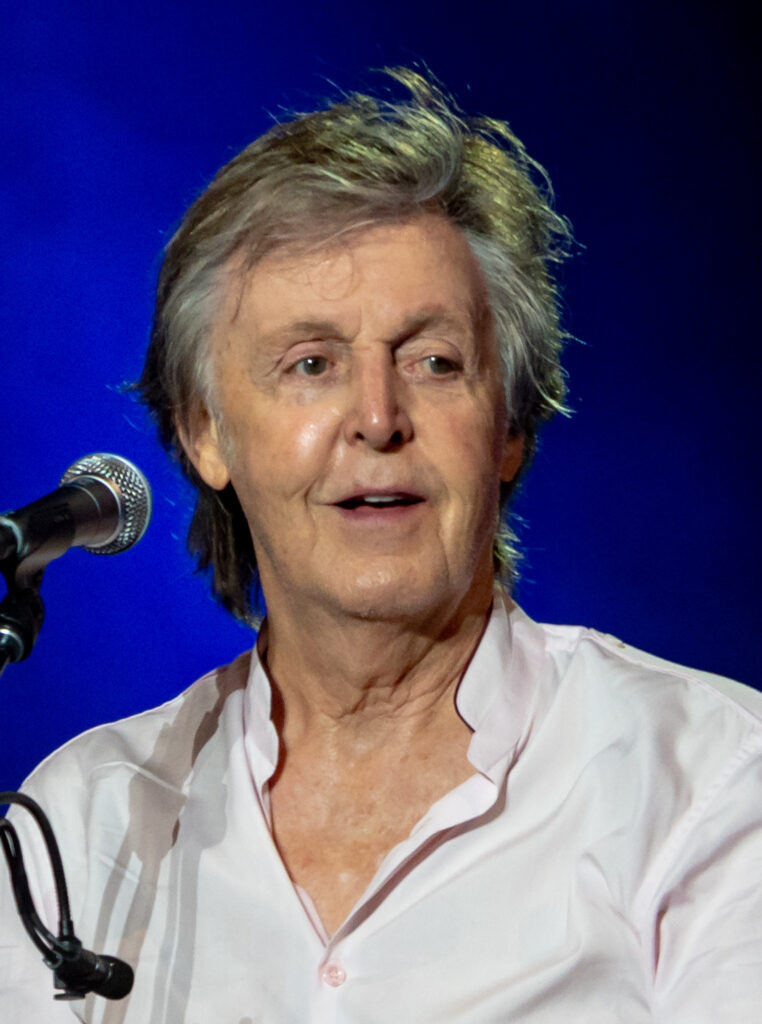
9. **Paul McCartney and Other Grouped Fabrications**
The pattern of celebrity tribute hoaxes continued with claims involving Sir Paul McCartney. A widely circulated story, originating from a Facebook page named “Rustwood Rhythms” and a website named “USA Hotness,” alleged that McCartney held a one-minute moment of silence for Charlie Kirk and 9/11 victims during a concert at Madison Square Garden in New York City. The narrative detailed the crowd’s silence and McCartney then singing “God Bless America.”
However, investigations quickly debunked these claims. There was no evidence of such a concert on Madison Square Garden’s website for the specified date, September 11, 2025. Furthermore, the Facebook page responsible for the initial post was found to be managed by someone in Vietnam, raising questions about the source and intent of the misinformation. Searches for alleged trending hashtags related to the McCartney tribute also yielded no credible results, further disproving the story.
Beyond individual artists, the misinformation even ventured into the realm of “bizarre supergroup” fabrications. One meme depicted Bob Dylan, Tom Jones, Dolly Parton, and Reba McEntire “all singing together during an imaginary tribute to the assassinated activist.” Another showed Bruce Springsteen, Jon Bon Jovi, and pop crooner Michael Bublé “harmonizing together in Kirk’s memory.” These elaborate, entirely fictional scenarios highlight the creative, albeit deceptive, lengths to which misinformation creators would go.

10. **The Anatomy of Digital Deception: How Hoaxes Spread**
The widespread proliferation of celebrity tribute hoaxes following Charlie Kirk’s death illuminates the sophisticated methods employed to create and disseminate untrue narratives in the digital age. A key driver appears to be sensationalist pages on platforms like Facebook, which actively reshared false news to capitalize on the misinformation circulating. These pages often exploit trending topics and public sentiment to gain traction and engagement.
The context also reveals specific tactics, such as the use of highly detailed, yet fabricated, scenarios. For instance, the Paul McCartney hoax included specific elements like his Höfner bass and a particular song, “Band on the Run,” before the alleged moment of silence. Such precise details can lend an “air of authenticity to false narratives,” making them more convincing to unsuspecting social media users.
Furthermore, the phenomenon taps into psychological factors, as social-media marketing executive Justin Grome noted: “These types of posts definitely tap into nostalgia, and people want to believe these types of things.” This desire for connection, or a romanticized view of celebrity, makes audiences more susceptible to believing emotionally resonant, even if factually incorrect, stories. Despite attempts by artists’ representatives to have false images taken down, new variations continue to emerge, underscoring the persistent challenge of combating these digital deceptions. The contrast with actual events, such as Coldplay’s Chris Martin referencing Kirk’s family during a London show, where video and eyewitness evidence exist, serves as a stark reminder of the verifiable nature of truth amidst a sea of AI-generated fantasy.
In the complex tapestry of our digital lives, the case of Mick Jagger and the subsequent wave of celebrity tribute hoaxes serves as a potent reminder: critical thinking remains our most valuable tool. As misinformation evolves, leveraging AI and tapping into our collective emotions, the responsibility falls to each of us to question, verify, and seek out credible sources. While some may miss the days “when fan fiction was limited to forums and diaries,” the current reality demands vigilance, ensuring that facts, not fabrications, guide our understanding of the world.

